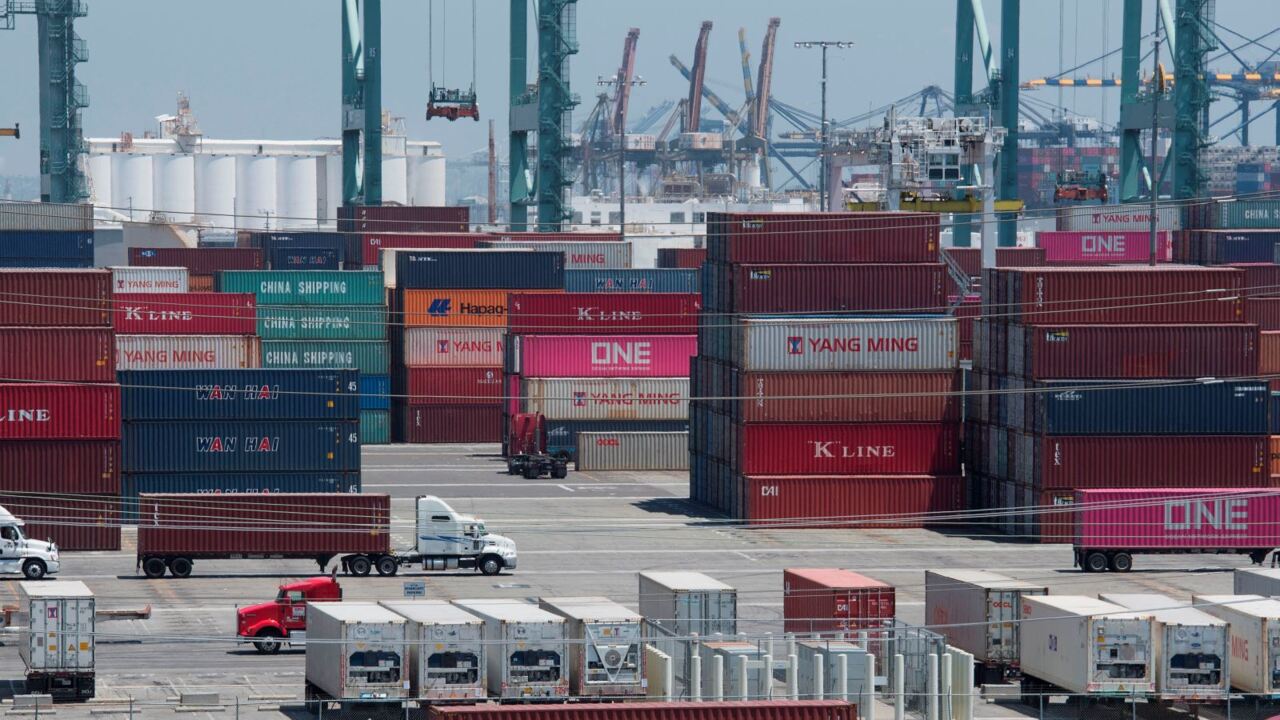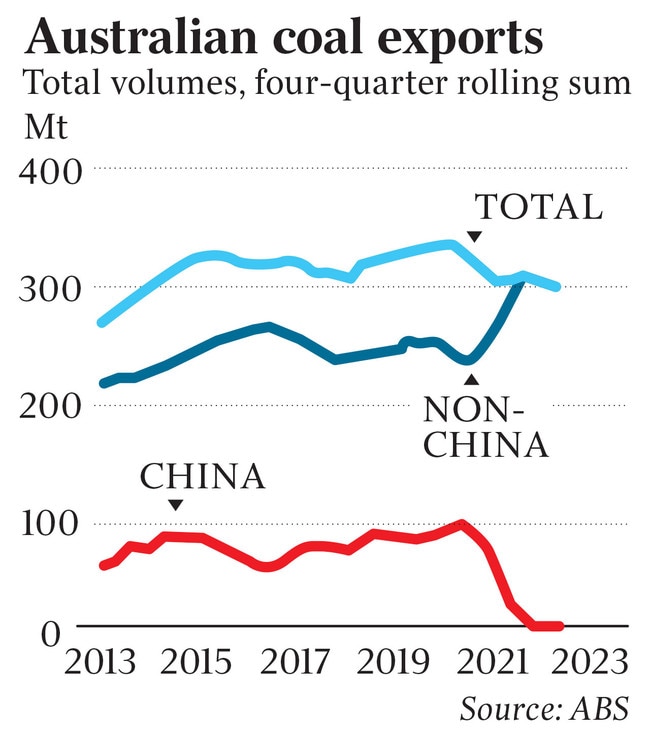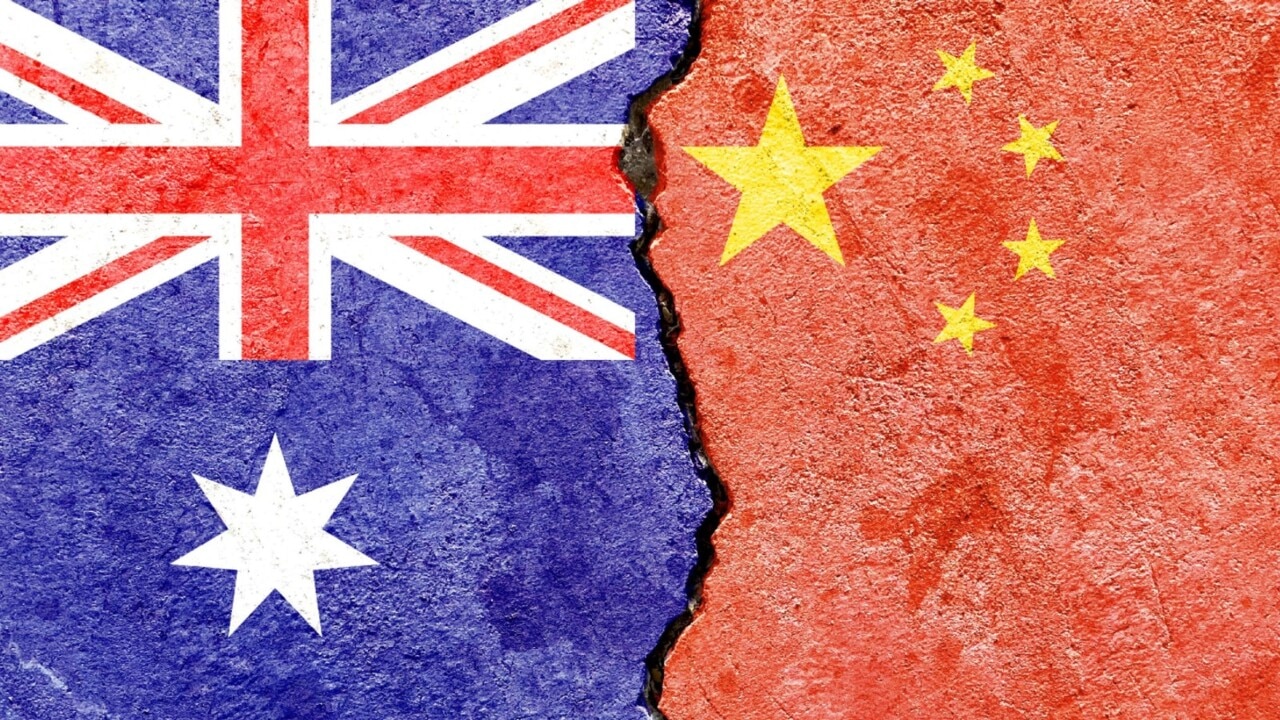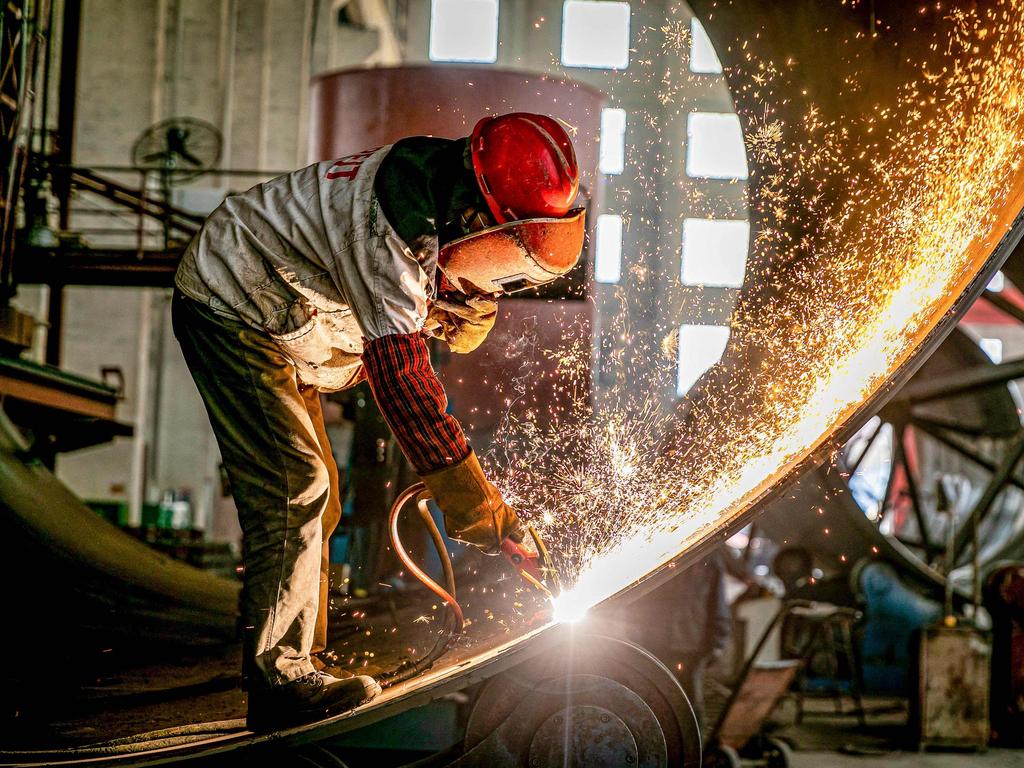China lifting trade restrictions ‘of little help’ to Australian economy
With two-way trade with China actually increasing to a record high, investment bank says lifting of trade bans would have little impact on the local economy.

The lifting of China’s trade restrictions on Australian imports would be meaningful for hard-hit sectors but have little impact on the local economy, according to investment bank Goldman Sachs.
That’s because Australian two-way trade with China has actually increased to a record high despite a string of restrictions being placed on exports of coal, wine and other commodities by Beijing, the bank’s economists wrote in a note sent to clients on Friday.
“An easing in trade restrictions would be positive news for the Australian economy directionally and meaningfully positive news for some hard-hit sectors – but we assess the near-term macro impact of such changes to be small,” wrote Goldman Sachs’ chief economist Andrew Boak.

In particular, Australian businesses have had success in diverting shipments to be delivered to China elsewhere. Coal producers, which sent 25 per cent of their exports to China before the restrictions were put in place, had largely found new markets. “As a result, while coal exports to China have fallen to zero, overall coal export volumes are only 9 per cent lower than December 2019 levels,” said Goldman Sachs’ Mr Boak.
China’s state-owned companies have begun tentative discussions with Australian coal exporters to revive trade within months, The Australian reported on Wednesday, asking for information on pricing and availability.
The unwinding of the ban – which comes amid power failures in parts of China’s northeast – would be the first backdown in Beijing’s trade coercion campaign against Australia, which spanned coal, timber, lobster, cotton, beef, barley and wine. Most of Beijing’s black-listing was never official.

Separately, S&P Global Commodity Insights reported this week that three state-owned power operators and a major steel producer had received “intimations” to import Australian coal.
Mr Boak said the easing in restrictions “would be positive news for the Australian economy directionally”. But he said that, outside coal, exports to China “in other categories affected by trade restrictions (such as wine) only make up a very small share of overall Australia GDP”.
“The removal of these restrictions would have material positive impacts in these sectors at a micro level, but are not likely large enough to have a major macro impact,” he added.
“Goods exports aside, disruptions to services sectors have been far larger through the pandemic and are yet to fully normalise given China’s strict border restrictions.

“We expect the recent easing in Chinese border restrictions to provide a … tailwind to Australian GDP growth in 2023 via a pick-up in international tourism and business travel,” the note reads.
Jim Chalmers downplayed the lifting of restrictions, noting on Friday there had been no official confirmation. However, the Treasurer described the move as an “incredibly welcome development”.
“A lot of the other industries which are impacted by these trade restrictions will be watching very closely what if anything happens when it comes to coal,” he said.





